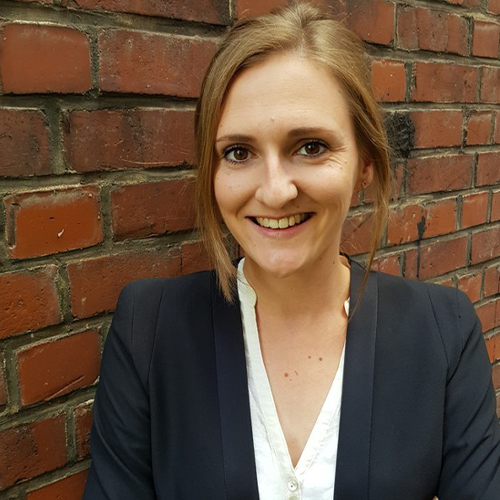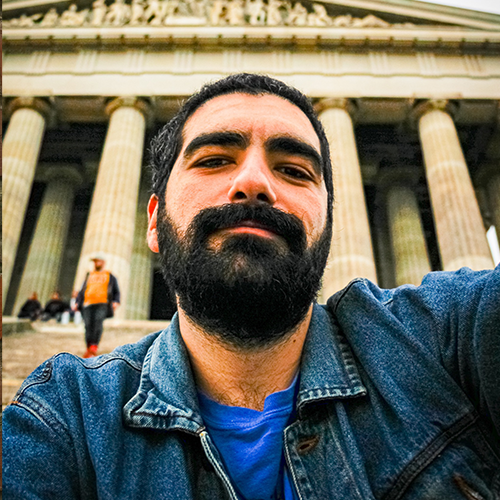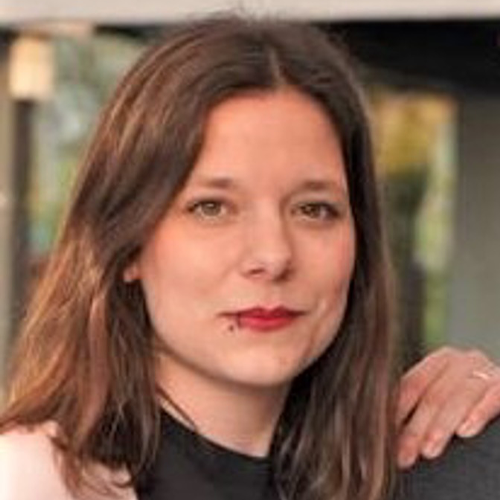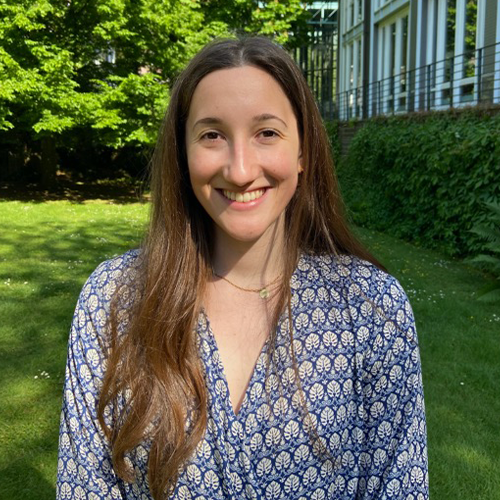Our Mission
Excellent graduate training by leading experts in neuroscience
HCNS
The Hamburg Center of Neuroscience (HCNS) comprises more than 400 scientists of 27 institutes and clinical departments at the UKE, the University of Hamburg and the Helmut-Schmidt University.
HBS students and postdocs come from diverse scientific, personal and cultural backgrounds to form a vibrant community with rich opportunities for interaction and networking.
HBS students and postdocs come from diverse scientific, personal and cultural backgrounds to form a vibrant community with rich opportunities for interaction and networking.
RESEARCH
Molecules and cells
Molecules and cells
We investigate how cells of the nervous system function at the molecular level and how synapses change during plasticity and learning.
RESEARCH
Circuits and networks
Circuits and networks
We study the wiring, dynamics and function of local circuits as well as large-scale networks in the brain.
RESEARCH
Cognition and behavior
Our goal is to elucidate the neural basis of the cognitive capacities and behaviors generated by the nervous system.
RESEARCH
Brain disorders
Our research aims at understanding malfunctions of the nervous system and at improving diagnosis and therapy of brain disorders.
RESEARCH
Robotics and AI
Robotics and AI
We aim at understanding and simulating human cognition in artificial systems such as robots, autonomous systems and virtual agents.

A valuable synergy of professional and personal development – that is what being part of the graduate school means to me. Individual coachings and topic-specific workshops afforded me the opportunity to build essential skills that are beneficial for my everyday work.

The graduate school provided everything I needed for my project. The collaboration with one of the largest hospitals in northern Germany comes with compelling opportunities, for example, I could work with unique datasets to apply basic science to clinical settings. Our community is diverse and we learn a lot about how other overlapping disciplines see the brain. This also comes with its own opportunities since we could initiate interdisciplinary collaborations and address a common issue from different angles.

The school not only offered me a wide range of courses and a flexible schedule, but also the chance to get in touch with other young scientists. That’s why it fits perfectly into the life of a busy PhD student.

Being a member of the graduate school has been an important part of my scientific education, from which I will benefit throughout my entire life. This gave me unique opportunities to expand my knowledge through lectures by renowned researchers from all over the world, acquire specific scientific skills, and advance personally in individual coaching sessions. Interdisciplinary collaboration, the network of students and incredibly exciting science have been constant inspirations.

